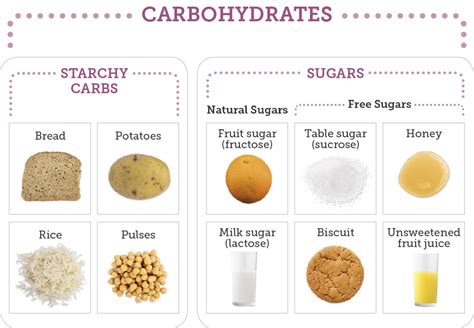How to optimize daily macros for sustained energy & muscle growth?

The Foundation of Peak Performance: Understanding Macronutrients
Optimizing your daily macronutrient intake is not just for elite athletes; it’s a fundamental strategy for anyone looking to achieve sustained energy, build lean muscle, and improve overall body composition. Macronutrients—protein, carbohydrates, and fats—are the cornerstones of your diet, each playing distinct yet interconnected roles in how your body functions, recovers, and grows. Getting the right balance tailored to your unique goals and activity levels is key to unlocking your full potential.
Protein: The Building Block for Muscle and More
Protein is paramount for muscle synthesis, repair, and growth. It’s also essential for hormone production, enzyme function, and immune health. For individuals focused on muscle growth, a higher protein intake is crucial, typically ranging from 1.6 to 2.2 grams per kilogram of body weight per day. Distributing this protein evenly throughout your meals helps maximize muscle protein synthesis throughout the day.

Carbohydrates: Fueling Energy and Performance
Carbohydrates are your body’s primary energy source. They fuel your workouts, daily activities, and even brain function. Complex carbohydrates (like whole grains, vegetables, and legumes) provide sustained energy and fiber, while simpler carbohydrates (like fruits) offer quick energy. Timing your carb intake, especially around workouts, can significantly impact performance and recovery. Aim for a balance that supports your energy demands without leading to excessive fat storage.

Fats: Essential for Hormones and Overall Health
Dietary fats are often misunderstood, but they are vital for hormone production, nutrient absorption (especially fat-soluble vitamins A, D, E, K), brain health, and providing a concentrated source of energy. Focus on healthy fats from sources like avocados, nuts, seeds, olive oil, and fatty fish. While fats are energy-dense, they are crucial and should not be severely restricted. A common recommendation is 20-30% of total daily calories from fat, adjusted for individual needs.

Calculating and Customizing Your Macro Ratios
Determining your ideal macro ratios starts with calculating your total daily energy expenditure (TDEE). Once you have your caloric needs, you can distribute your macros. A common starting point for muscle growth is: Protein (25-35%), Carbs (40-55%), Fats (20-30%). However, these are just guidelines. Factors like your activity level, body type, dietary preferences, and specific goals (e.g., bulking, cutting, maintenance) will dictate adjustments. Online macro calculators can provide a starting point, but personalized tracking and adjustments based on how your body responds are essential.

Strategic Meal Timing and Distribution
Beyond just hitting your daily macro totals, how you distribute them throughout the day can also make a difference. Spreading protein intake across 4-6 meals can optimize muscle protein synthesis. Consuming carbohydrates before and after workouts helps fuel performance and replenish glycogen stores. While strict timing isn’t always necessary for general health, for specific goals like muscle growth or peak athletic performance, strategic timing can provide an edge. Listen to your body and find a schedule that supports your energy levels and recovery.

Monitoring, Adjusting, and Consistency
Optimizing macros is an ongoing process. Start by tracking your intake for a few weeks to see how your current ratios impact your energy, recovery, and body composition. If you’re not seeing the desired results, make small, incremental adjustments to one macronutrient at a time. Consistency is paramount—hitting your macros most days of the week will yield far better results than sporadic efforts. Remember, the ‘perfect’ macro split is the one you can stick to and that helps you achieve your specific health and fitness goals.








